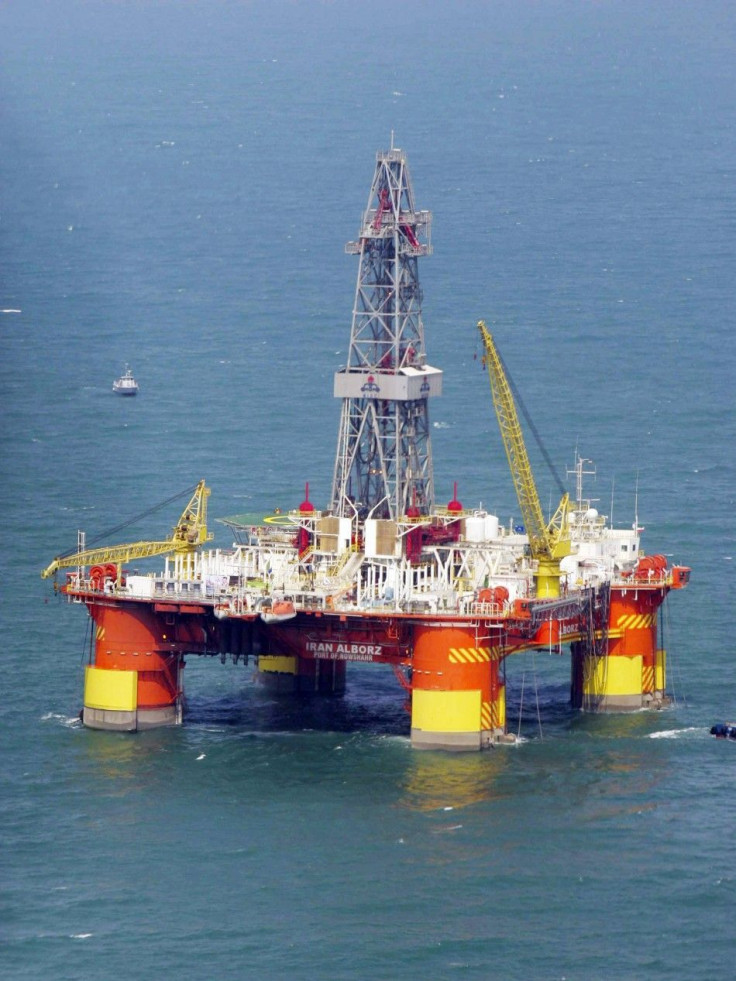India Forced To Pay In Euros For Iranian Oil Imports

India is purchasing oil from Iran using euros to overcome the problems faced in making transactions in the rupee due to its limitations of direct conversion into foreign currencies abroad.
India is paying for its Iranian oil purchases in the euro through Ankara-based Turkiye Halk Bankasi AS (HALKB) and the move has come amid mounting pressure from the U.S. and EU to cut down on oil purchases from Iran, which they claim is using the oil revenue to develop nuclear weapons, reported Bloomberg, quoting people having knowledge of the transactions.
India was exempted from the U.S. sanctions against importing oil from Iran since it reduced its Iranian oil imports by 11 percent in the current year. Turkey also got an exemption from the sanctions on similar grounds.
The sanctions levied by the U.S. and EU also restrict the international financial institutions and firms from facilitating or executing trade transactions.
India was paying a part of its crude bills in rupees but it has become difficult for the country to continue the transaction in rupee after it stopped Iran's Parsian Bank from opening a branch in India. India could have made its payments in rupees if the Iranian bank had a branch in the country. The partially convertible Indian currency cannot be converted directly to other foreign currencies overseas and this has forced India to use the euro to carry out money transactions with Iran, according to Bloomberg.
Bloomberg quoted officials with knowledge of the transactions, who said that though India proposed paying in rupees, Iran insisted on getting part of its payment in yen, as it is concerned over the depreciation of the rupee. The rupee is the most volatile among the Asian currencies and had touched an all-time low of 57.33 against the dollar on June 23. The domestic currency has depreciated more than 20 percent in the past year.
The move will help the foreign exchange-strapped Iran in obtaining some relief for its economy, which is struggling to cope with the economic sanctions levied on it. Oil exports from Iran have come down after the U.S. embargo. The inflation in the country is spiraling up while fund shortages are forcing the government to take tough steps to tighten the government spending on subsidies.
© Copyright IBTimes 2025. All rights reserved.






















